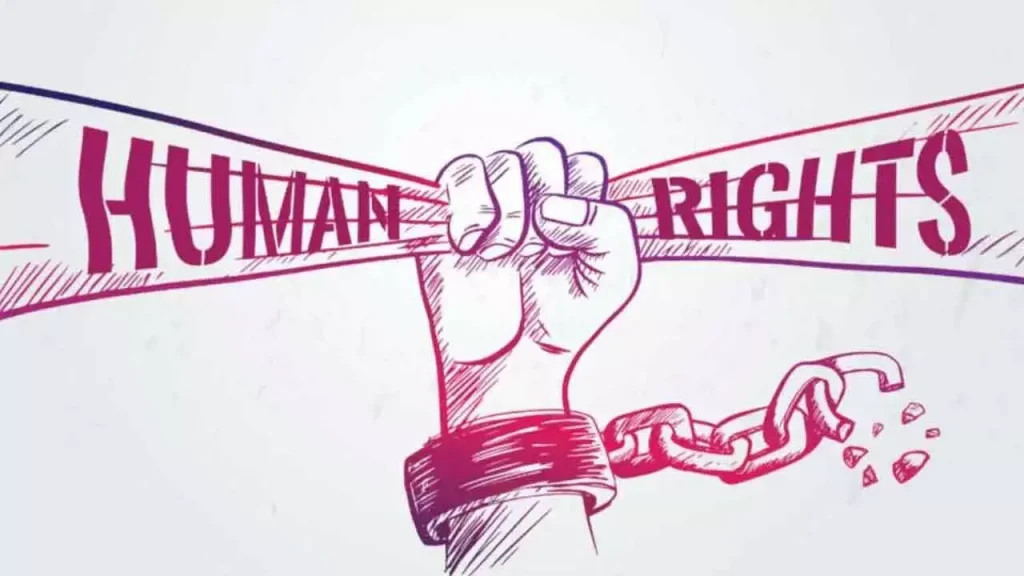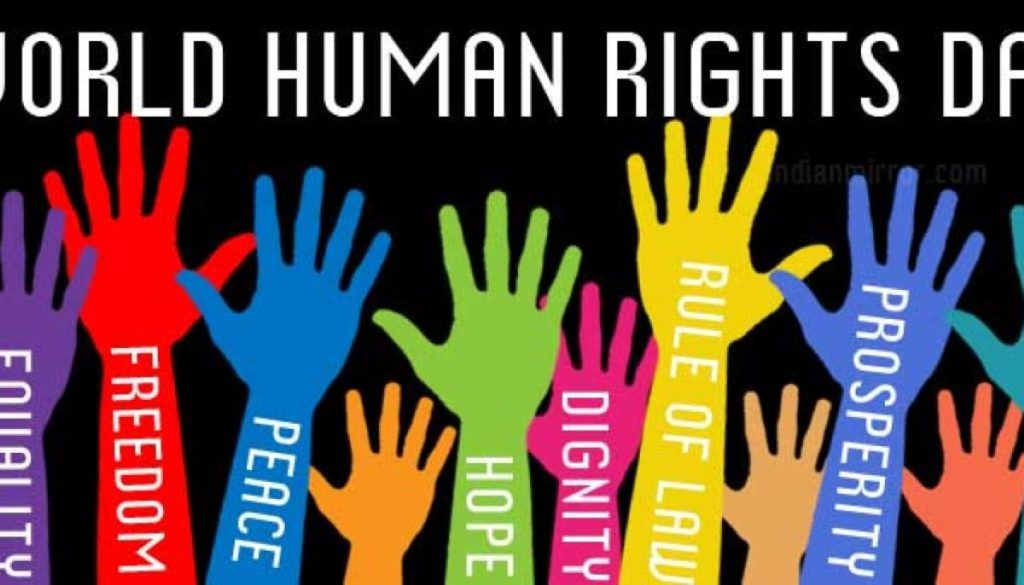International Human Rights Day, celebrated annually on December 10, is a global reminder of the enduring importance of human dignity, equality, and freedom. The date marks the anniversary of the Universal Declaration of Human Rights (UDHR) adoption by the United Nations General Assembly in 1948.
This milestone document articulated fundamental human rights that should be universally protected, outlining essential freedoms to which everyone, regardless of nationality, ethnicity, or religion, is entitled. As we observe this day each year, we reflect not only on the progress humanity has made in safeguarding these rights but also on the challenges and injustices that persist in many parts of the world.
The Universal Declaration of Human Rights: A Landmark Achievement
The Universal Declaration of Human Rights remains one of the most important documents in international law and governance history. It was crafted in the aftermath of the horrors of World War II, at a time when global leaders recognised the urgent need for an international framework to protect individuals from oppression, discrimination, and violence.
With its adoption, the UN General Assembly sought to create a common standard for protecting human rights, a vision based on the belief that human beings are entitled to certain inalienable rights by their humanity.
The UDHR spans various rights, covering civil, political, economic, social, and cultural freedoms. Its most recognised provisions are the right to life, liberty, and security of person; the right to a fair trial; freedom of expression; freedom of assembly; and the right to participate in government.
Although the declaration itself is not legally binding, it has inspired a plethora of treaties, conventions, and laws, shaping the policies of governments and international institutions. The UDHR has laid the foundation for the work of bodies such as the UN Human Rights Council, and its principles have become core to the mission of countless non-governmental organisations and civil society movements worldwide.

Advancements in Human Rights
Since the adoption of the UDHR, substantial progress has been made in advancing human rights across the globe. Over the decades, many countries have enacted legal reforms that align with the principles outlined in the UDHR, particularly in areas like gender equality, the abolition of slavery, and the protection of minority rights.
The establishment of international courts, such as the International Criminal Court (ICC), has allowed for the prosecution of human rights abuses, including war crimes and crimes against humanity. Efforts to end apartheid in South Africa, the global movement for women’s rights, and the fight for LGBTQ+ rights have been some of the most significant milestones in recent history, demonstrating the transformative power of human rights advocacy.
The spread of democracy, although uneven, has been another important area of progress. In the second half of the 20th century, many authoritarian regimes crumbled under international pressure and domestic demands for freedom and justice.
Countries in Eastern Europe, Latin America, and Africa saw the fall of military dictatorships and the establishment of democratic governments that, while imperfect, were founded on principles of human dignity and the rule of law. This wave of democratisation has helped bring about more open societies, where individuals have greater access to freedoms that were once denied.
The increasing awareness of climate change has also given rise to a new framework for understanding human rights in the context of environmental justice. The recognition of the right to a healthy environment and efforts to protect vulnerable populations from environmental degradation marks an evolving aspect of global human rights discourse.
The Challenges We Face: Persistent Violations and New Threats
Despite these advancements, significant challenges remain in the ongoing struggle for human rights. In many parts of the world, basic freedoms continue to be suppressed, and individuals suffer from state-sanctioned violence, discrimination, and systemic inequality. Political repression in countries like North Korea, Belarus, and Myanmar has led to the detention, torture, and disappearance of countless political dissidents and human rights defenders. These authoritarian regimes frequently use mass surveillance, censorship, and violent crackdowns to stifle dissent and maintain power.
In regions plagued by conflict, such as Syria, Yemen, and Ukraine, human rights violations are rampant. The breakdown of law and order during war often leads to atrocities like genocide, ethnic cleansing, and the targeting of civilians. In such environments, women and children are particularly vulnerable, suffering from sexual violence, displacement, and the loss of basic rights to education, healthcare, and security. Refugees and internally displaced persons are often left without protection, living in dire conditions while their fundamental rights remain unfulfilled.
Another pressing issue is the continued struggle for gender equality. Although progress has been made, women and girls worldwide still face significant barriers to accessing education, healthcare, and economic opportunities. In many societies, women are subjected to violence, trafficking, and harmful cultural practices, and their voices are often marginalised in political and decision-making processes.
The rise of movements like #MeToo has brought global attention to these injustices, but much work remains to be done to ensure that women can live free from violence and discrimination.
In addition, the ongoing challenges posed by poverty, racism, and xenophobia cannot be ignored. Inequality in wealth distribution, access to healthcare, and education opportunities remain widespread, undermining millions of people’s realisation of human rights. Racism and xenophobia persist both within and between countries, often exacerbating social divisions and hindering efforts to create inclusive societies.

The Role of Civil Society and Global Solidarity
On International Human Rights Day, it is important to recognise the pivotal role of civil society in advocating for human rights. Non-governmental organisations, grassroots movements, and activists continue to play a critical role in amplifying human rights abuses and pushing for systemic change. Their work is often done at great personal risk, as many human rights defenders face threats of imprisonment, violence, and even death for their efforts.
Global solidarity remains essential to advancing human rights. In an increasingly interconnected world, international cooperation is needed more than ever to address global challenges like climate change, migration, and economic inequality. The collective action of governments, civil society, and the private sector can help advance human rights and ensure that the principles of the UDHR are not just aspirational but fully realised for everyone everywhere.
Looking Ahead: A Future of Hope and Justice
As we commemorate International Human Rights Day, we must acknowledge both our progress and the work that remains. The fight for human rights is an ongoing journey that requires vigilance, compassion, and a commitment to justice. It is a journey that involves governments, individuals, and organizations working together to ensure that every person, regardless of their circumstances, has access to the rights and freedoms to which they are entitled.
While there are many challenges, there is reason for hope. The global community has repeatedly shown that change is possible when people unite for a common cause. By reaffirming our collective commitment to human rights, we honour those who have fought for justice throughout history and those who continue to stand up against oppression today.
Today, we are reminded that human rights are not a privilege but a universal entitlement that demands respect, protection, and fulfilment for everyone everywhere.


